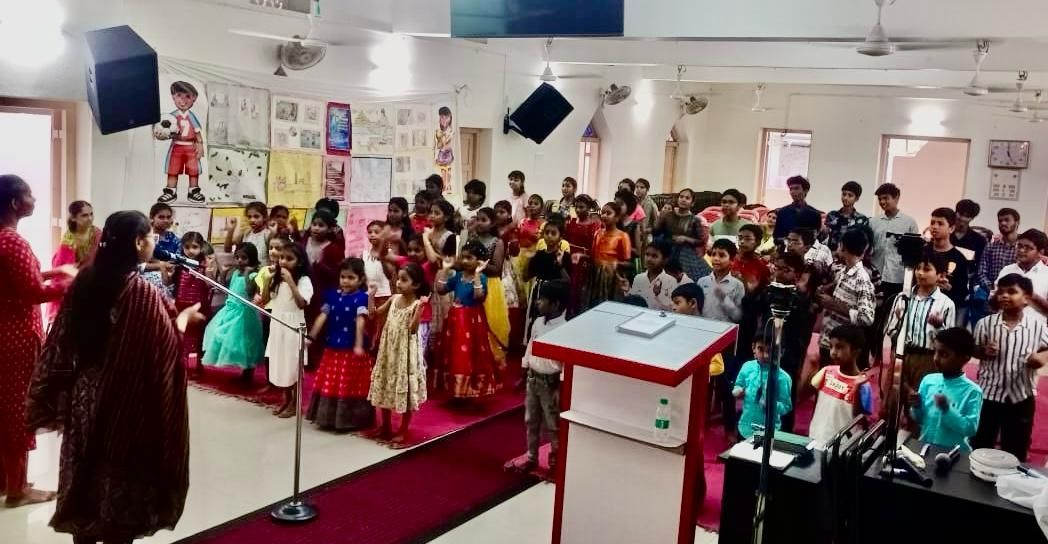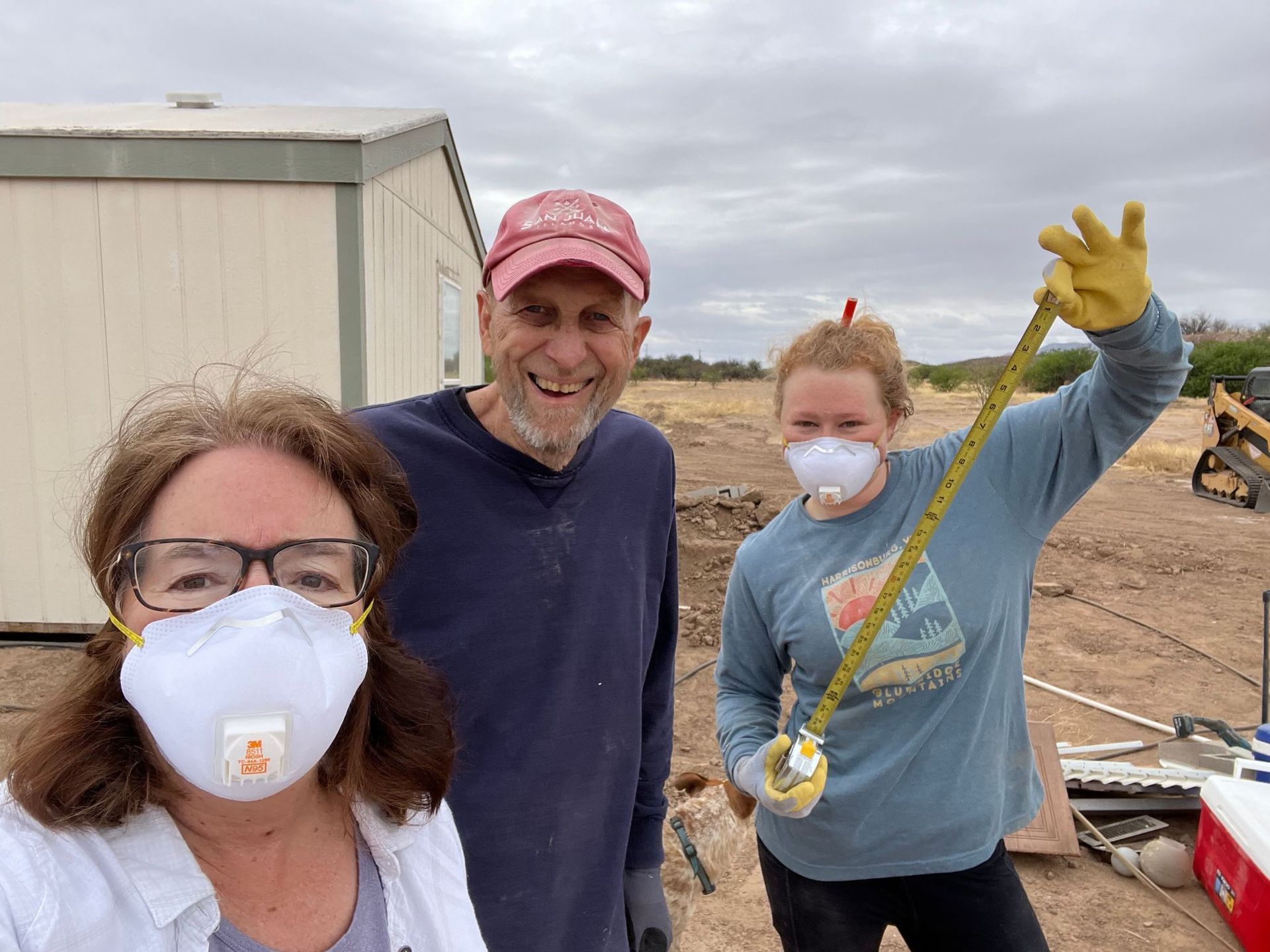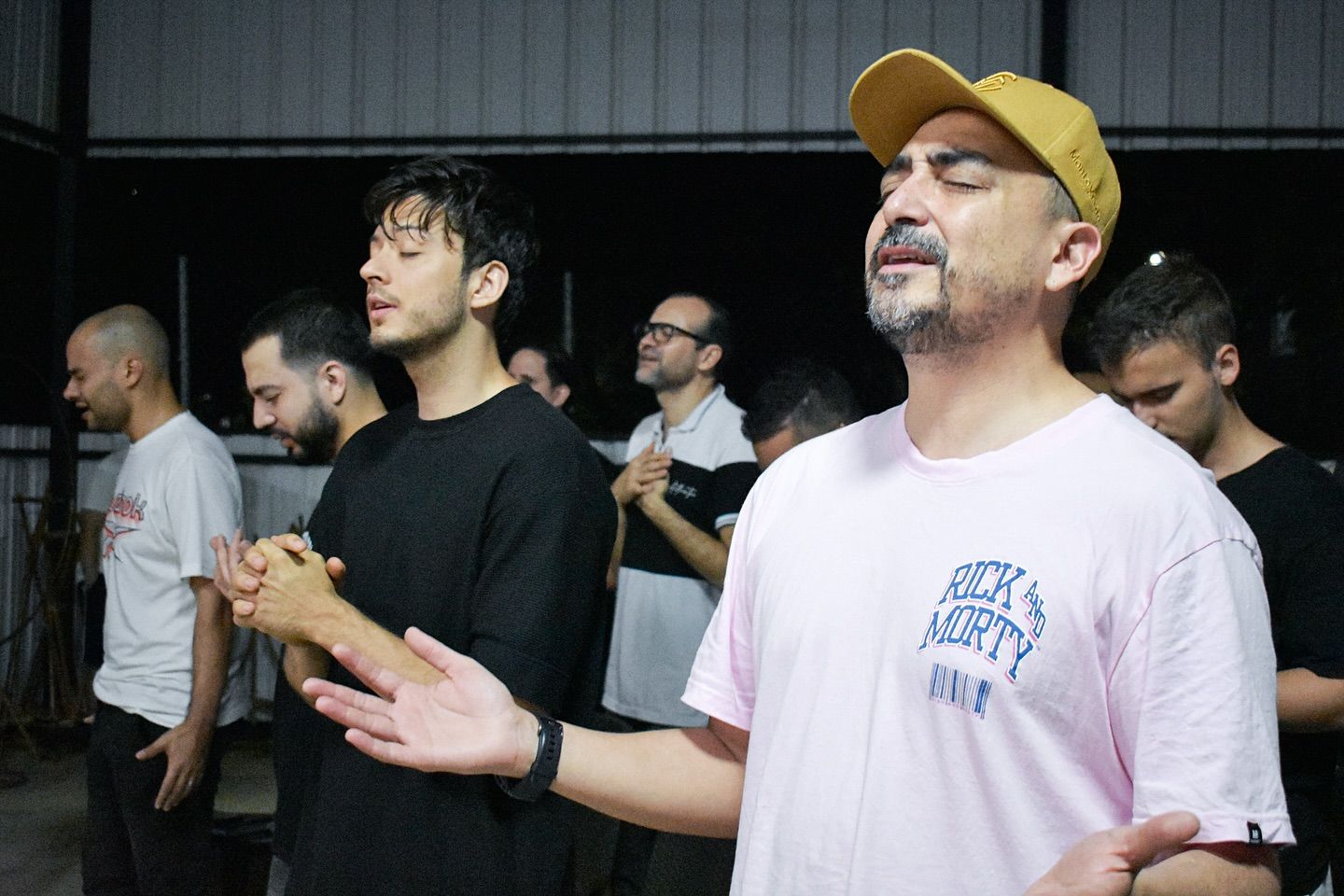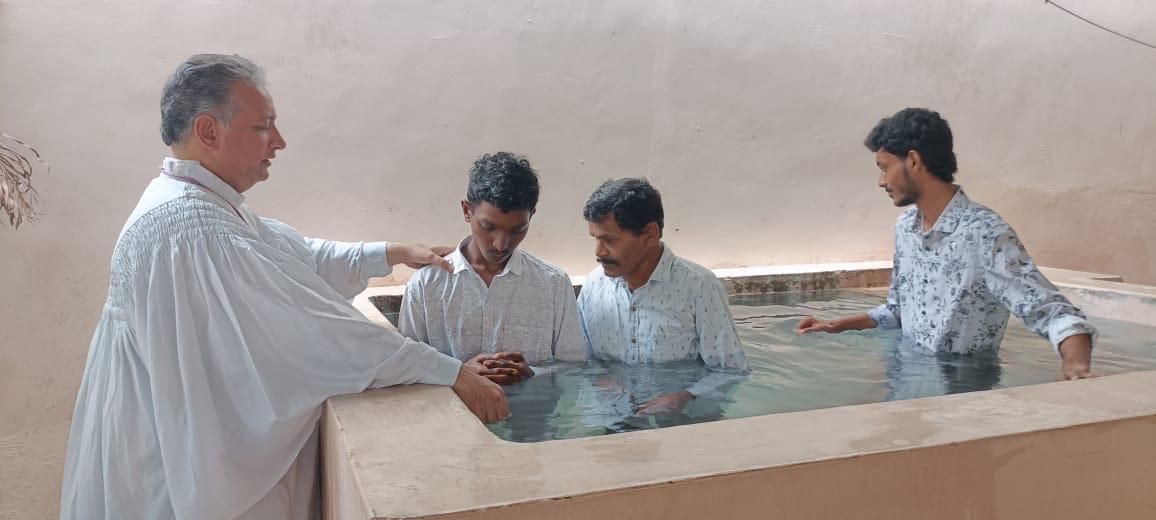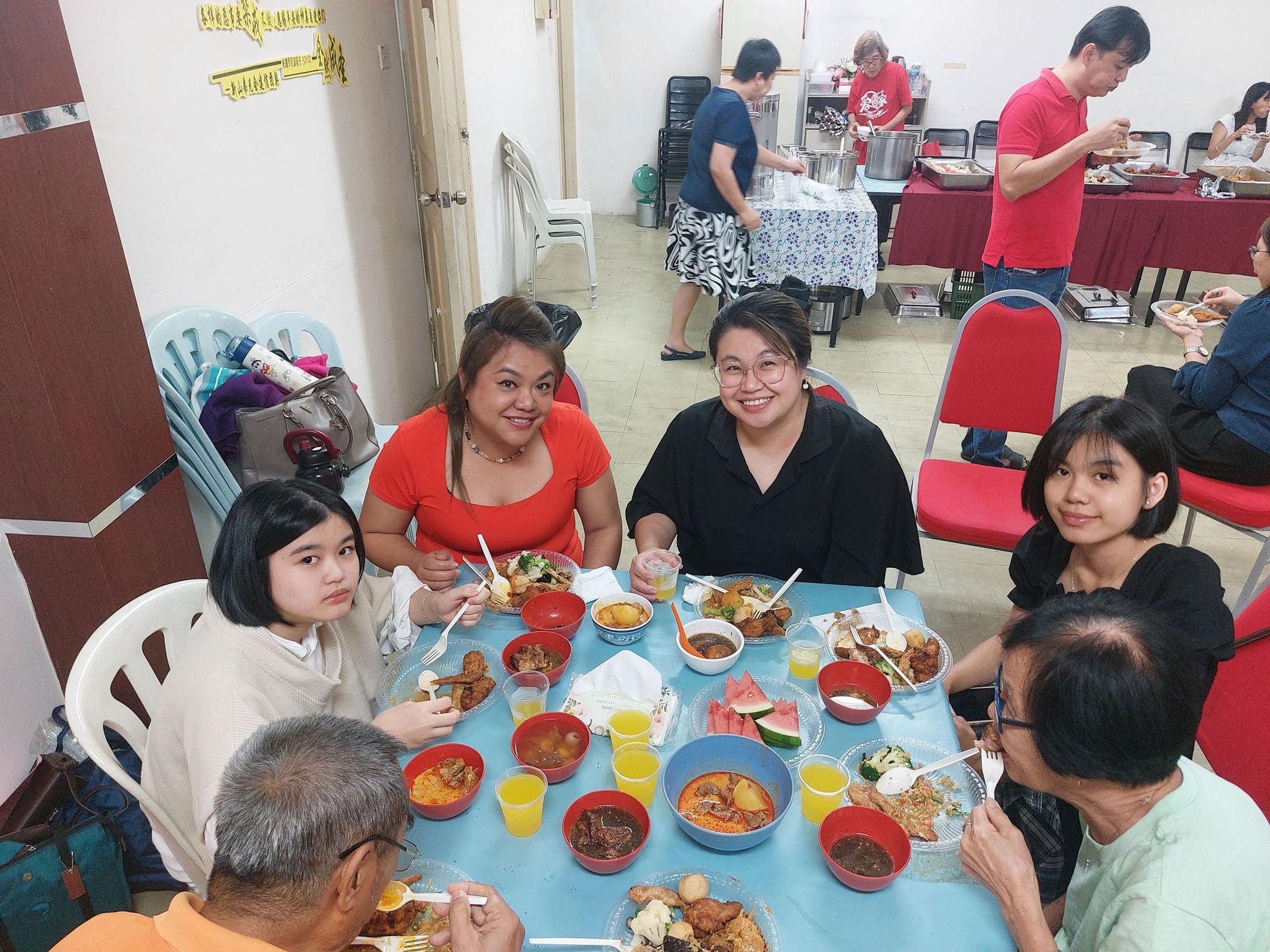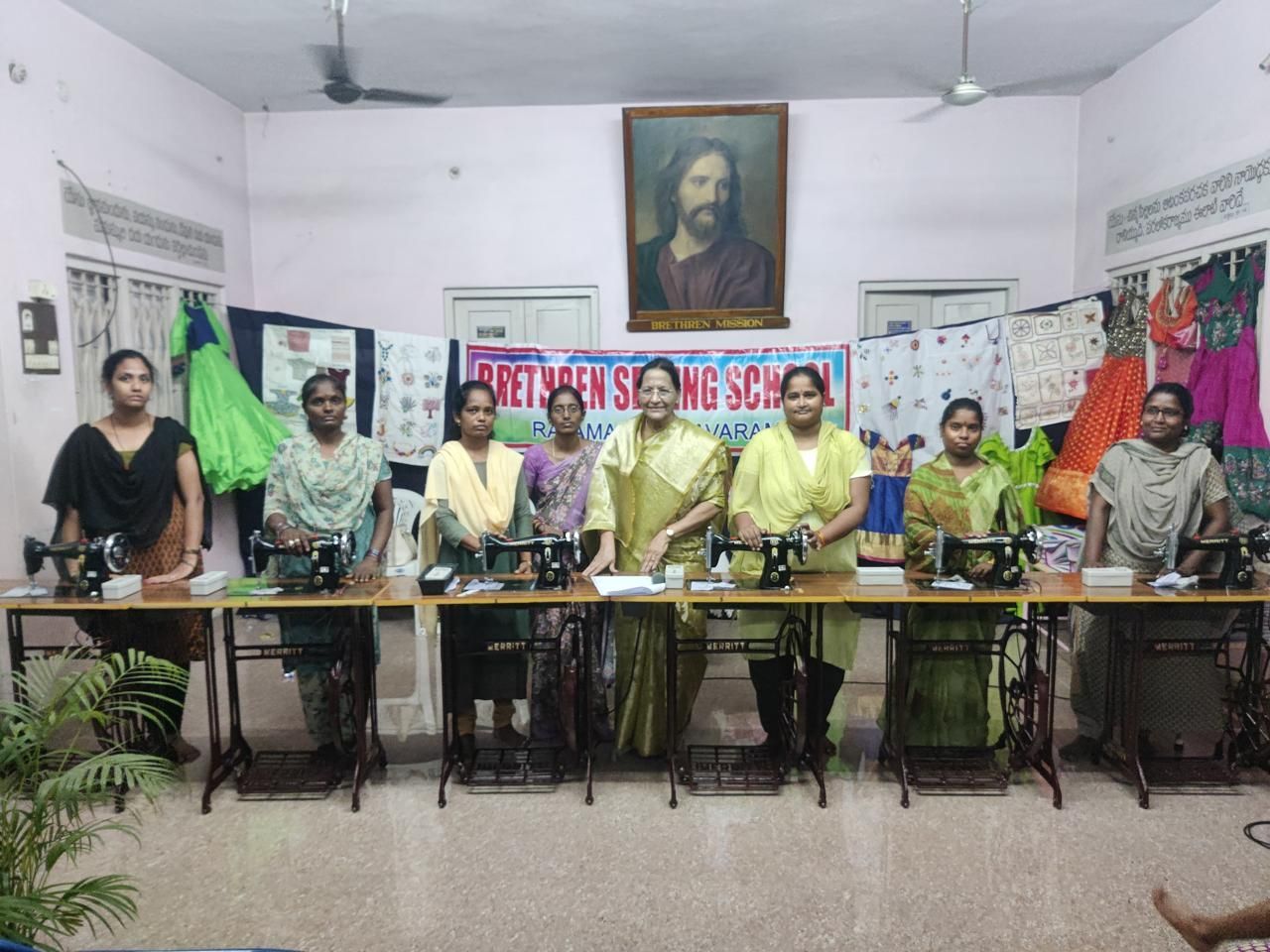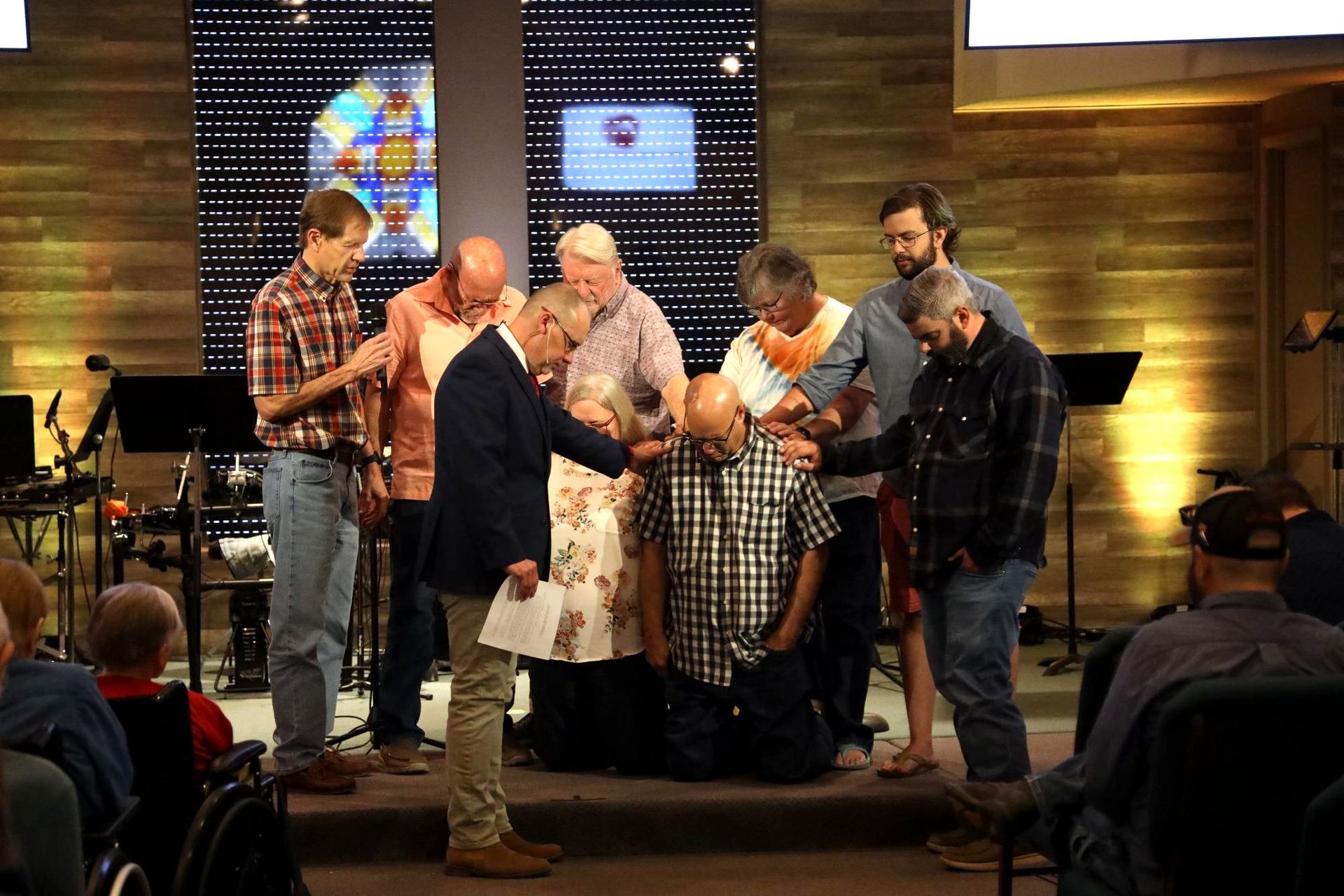Living the Gospel
Let’s think for a moment about a true story from the realm of politics. You may remember the Monica Lewinsky scandal a number of years ago. Bill Clinton, during his presidency, was having an affair with Monica Lewinsky, an intern on his staff. Republicans in Congress wanted to impeach him for trying to cover it up. Newt Gingrich, at that time the Speaker of the House of Representatives, was leading the charge. Years later, it was revealed that Gingrich himself was having a secret affair with one of his own staff at the very same time—so President Clinton wasn’t the only one with an integrity problem. If I were to update this example of hypocrisy with illustrations from present-day politics, it would take you all day to read this essay.
Of course, it’s not just politicians who can be charged with hypocrisy. It’s also one of the most common charges against the church. Non-Christians look at Christians and say that our behavior doesn’t match what we say we believe. Our reputation in American society is pretty poor these days—with good reason. Jesus said we should be known for our love, but American society primarily knows the church by what we’re against.
In Galatians 3:11-22, Paul mentions a time in Antioch when he had to rebuke Peter for hypocrisy. He says that Peter was not acting consistently with the truth of the gospel. He brings up the story because the Galatians are falling into the same kind of behavior. Essentially, Paul argues that the way we live makes a difference to the gospel. That is, our everyday actions can support or undermine the gospel message. I’m sure that’s not a surprise, but it’s still worth reminding ourselves of from time to time. In the case of the Galatians, the actions of some were distorting the gospel so much that people’s salvation was in danger.
So here’s the situation in Galatians. The people in the Galatian churches were Paul’s converts. He had founded their congregations. There’s some debate among scholars about exactly where these congregations were, but they were likely somewhere in Asia Minor, which today is part of Turkey. After Paul left Galatia, other missionaries came in who opposed some of his teachings.
Paul’s opponents in Galatians are sometimes called Judaizers. That’s because they’re trying to make Christianity more like Judaism. They argue that Gentiles have to become circumcised and keep the Mosaic Law in order to be good Christians. They aren’t saying that Gentiles should obey the Law instead of believing in Jesus in order to be saved. Both the Galatians and the Judaizers are already Christians—that is, they have committed themselves to Jesus as Messiah and Lord. Instead, Paul’s opponents are saying that having Jesus isn’t enough to go on with. Paul says, “Are you so irrational? After you started with the Spirit, are you now finishing up with your own human effort?” (Gal 3:3).[1]
The Judaizers seem to be worried that if Christians put aside the Law, they won’t know how to behave, and they’ll get into all kinds of sin–especially the Gentiles because Jewish people thought Gentiles were terribly sinful to start with. So they were teaching that a believer has to add the Law to Jesus in order to be a complete Christian. Paul is really exercised about this because it’s against everything he teaches his Gentile converts. He says that the so-called gospel of the Judaizers is really no gospel at all.
To show what’s wrong with it, Paul tells that story about Peter (2:11-21). The church in Antioch had both Jews and Gentiles, and they got along pretty well for a while until their fellowship meals started looking like a high school cafeteria. In high school, you can tell who’s in and who’s out by who gets to eat with whom. There are clear social categories: the athletes and cheerleaders, the nerds, the bandies, the skaters, the druggies, and so on. If you want to belong to a particular group, you have to conform.
Just like a high-schooler, Peter caves in to peer pressure. He knows that God has accepted Gentiles who believe in Jesus, even though they don’t have the Mosaic Law. God gave him a pretty definite lesson about that before and during his visit to Cornelius’ house in Acts 10. Because God accepts Gentile believers and gives them the Holy Spirit, it means that the basis of a covenant relationship with God is now Jesus, not the Law.
Because of this, Peter knows that there’s no longer any need for Jewish Christians to separate themselves from Gentile Christians by keeping kosher food laws, so he usually has table fellowship with Gentiles as well as Jews.
But when some people come from James, who is known to be more of a stickler on Jewish customs, Peter stops eating with Gentiles, and his example causes others to do the same thing. Peter does this because he’s afraid. We don’t know for sure what he was afraid of. The text says he was afraid of “the circumcision.” Commentators often assume this is a reference to the Judaizers: Peter is afraid for his reputation or fears a loss of authority if he doesn’t comply with the Jewish Christians’ demands. However, one commentator I read suggested that Peter is afraid not of the Judaizers but of non-Christian Jews in Palestine because they might put pressure on Jewish Christian communities if they found out their leaders were fraternizing with pagans. Remember that not too many years after this, Jewish-Roman tensions in Palestine exploded in the Jewish Revolt, which ended with the destruction of Jerusalem in AD 70.
In any case, just imagine what it would have been like for the new Gentile Christians in Antioch. They’re excited about Jesus, and they’re excited about the church, only to find out that some believers treat them like second-class citizens–even some of the people they look up to the most. They might think that the gospel doesn’t feel like such good news after all.
Imagine how destructive this would be at communion, which would have been celebrated then, in the context of a common meal, as we Brethren do it today. Peter’s behavior created a division between Jewish and Gentile believers. This division was likely ethnic as well as religious. Paul sees a major church split in the making.
So Paul tells Peter that he isn’t “acting consistently with the truth of the gospel.” In fact, this false way of living puts the gospel itself at risk. I don’t mean that it could undo what Jesus did for our salvation. But it misleads people about what the gospel is—the good news of Jesus that has transformative power in people’s lives.
Because of God’s grace in Christ, anyone, whether Jew or Gentile, can have a relationship with God. Paul says,
We are born Jews—we’re not Gentile sinners. However, we know that a person isn’t made righteous by the works of the Law but rather through the faithfulness of Jesus Christ. We ourselves believed in Christ Jesus so that we could be made righteous by the faithfulness of Christ and not by the works of the Law—because no one will be made righteous by the works of the Law. . . . I don’t ignore the grace of God, because if we become righteous through the Law, then Christ died for no purpose. (2:15-21 NRSV)
Some translations say that we’re justified or made righteous (the same word in Greek) “by faith in Christ,” but the Greek actually says “by the faith [or faithfulness] of Christ.” The same Greek word pistis can mean faith or faithfulness. We could talk for a long time about what righteousness means, but for our purposes, I’ll just suggest that we should think of it in covenantal terms. Someone who is righteous is in right covenant relationship with God. Paul is saying that those who believe in Christ are in a covenant relationship with God on the basis of Christ’s own faithfulness in his life, death, and resurrection. Jesus made it possible.
Paul explains in chapters 3 and 4 that the Mosaic Law was a great disciplinarian, but it couldn’t turn sinners into faithful covenant partners. Only God’s grace through Jesus and the Holy Spirit could do that. The false gospel puts people’s salvation in danger because it leads them away from Christ: “You people who are trying to be made righteous by the Law have been estranged from Christ. You have fallen away from grace!” (5:4)
So if obeying the Law isn’t the way to live the gospel, what does a gospel-shaped life look like? The short answer, of course, is that it looks like Jesus, but I want to break it down a bit more. Paul has a lot to say about this in Galatians. I’m just going to point out four qualities: integrity, solidarity, hospitality, and love.
First, it means living a life of integrity. The gospel has its own integrity that should shape all of our lives. Peter hadn’t worked that out yet; he acted like one person when the Judaizers were around and another person when they weren’t. Developing integrity takes time; it requires listening when the Holy Spirit points out areas in which we’re still out of step. Sometimes, as in Peter’s case, the Holy Spirit can speak through a friend.
Second, a gospel-shaped life looks like solidarity with Christ and others. Paul declares, “I have been crucified with Christ and I no longer live, but Christ lives in me. And the life that I now live in my body, I live by faith, indeed, by the faithfulness of God’s Son, who loved me and gave himself for me” (2:20). Christ identified with us, even to the point of death, so that we could participate in his death and resurrection and share in his life.
We identify with Christ through baptism, and through our solidarity with him, we come into union with one another: “You are all God’s children through faith in Christ Jesus. All of you who were baptized into Christ have clothed yourselves with Christ. There is neither Jew nor Greek; there is neither slave nor free; nor is there male and female, for you are all one in Christ Jesus” (3:26-28).
Galatians 3:28 may be the most revolutionary verse in the NT. Paul declares that Christ has overcome the fundamental social divisions of ethnicity, class, and sex. These distinctions haven’t disappeared, but for Christians, it’s no longer permissible to treat people differently because of them. Peter wasn’t living this out. Even today, the church has a long way to go to make this verse a reality.
Third, a gospel-shaped life practices hospitality. In the ancient world, hospitality often took the form of sharing a meal together. Sometimes it still does today. Peter and the others violated hospitality when they stopped eating with Gentile believers. He was communicating to them that they were still unclean.
A man in my church is on staff with InterVarsity Christian Fellowship. He told me about a study InterVarsity did regarding evangelism. One of their findings was that before an unchurched person is willing to consider the claims of Christ, they first have to learn to trust a Christian. So Christian hospitality is as important today as it ever was.
Finally, Paul sums up the gospel-shaped life as love. “Being circumcised or not being circumcised doesn’t matter in Christ Jesus, but faith working through love does matter” (5:6). Notice that what counts isn’t just having faith, in the sense of believing certain things. What counts is faith expressing itself through love—that is, faith in action, or how we live.
Love is the goal of the freedom that believers have in Christ: “You were called to freedom, brothers and sisters; only don’t let this freedom be an opportunity to indulge your selfish impulses, but serve each other through love” (5:13). As Paul says later, “So then, let’s work for the good of all whenever we have an opportunity, and especially for those in the household of faith” (6:10).
So the question for us to ask ourselves is “Are we living the gospel?” Our context has a few things in common with the context of Galatians: political polarization; racial and ethnic tensions; a climate of fear; an increasing insularity, as people back away from welcoming others who are different from them; people looking out for their own interests instead of the common good; ongoing divisions of race, class, and sex.
I like to tell students that the church is the best evidence for the truth of the gospel. Unfortunately, the church is also the best evidence for its falsity. It all depends on whether or not we live the gospel that we preach. Do we show the integrity, solidarity, hospitality, and love that will draw people to Jesus?
Here are four suggestions of things we might think about. I’m sure none of these would apply to us Brethren, but maybe they would to someone we know…. Before anything else, we have to let Jesus transform our lives—all of our lives, including our politics, our economics, and our positions on social issues. We may not all come to the same conclusions. But going to the Bible and prayer would be a good way to start. I’m continually discouraged by surveys that say only about 25% of Christians consult the Bible to form their opinions about current issues.
Second, we have to find ways to be united as the church of Jesus Christ despite our social and political differences. This means that we have to stop believing the divisive narratives that are spun for us by politicians who want our money and our votes. We could start by intentionally listening to Christians whose perspectives differ from ours.
Third, in the face of lies, let’s seek the truth and stand by it, even at the risk of our own interests. Let’s not excuse or defend the sins of politicians or church leaders who happen to agree with us on our favorite issues. The next time we get a Christian chain email with a rumor of dubious origin, let’s not pass it on. Let’s not think we’re defending the faith by engaging in flame wars on social media. In all contexts, let’s listen carefully before we speak.
Finally, let’s try to block the cycles of hatred with practical love. If we’re pro-life, let’s be pro-everybody’s-life, including unborn babies, vulnerable girls and women, immigrants, refugees, and young black men. Let’s welcome strangers in need without demanding that they conform to our expectations first. Let’s never act out of fear—especially the fear of losing our privileges. If we Christians don’t trust that Jesus is Lord, why should anybody else?
Let’s pray that we never distort the gospel in a way that puts someone’s salvation in danger. Instead, may we all live the gospel in such a way that people will be drawn to the good news of Jesus. Amen.
